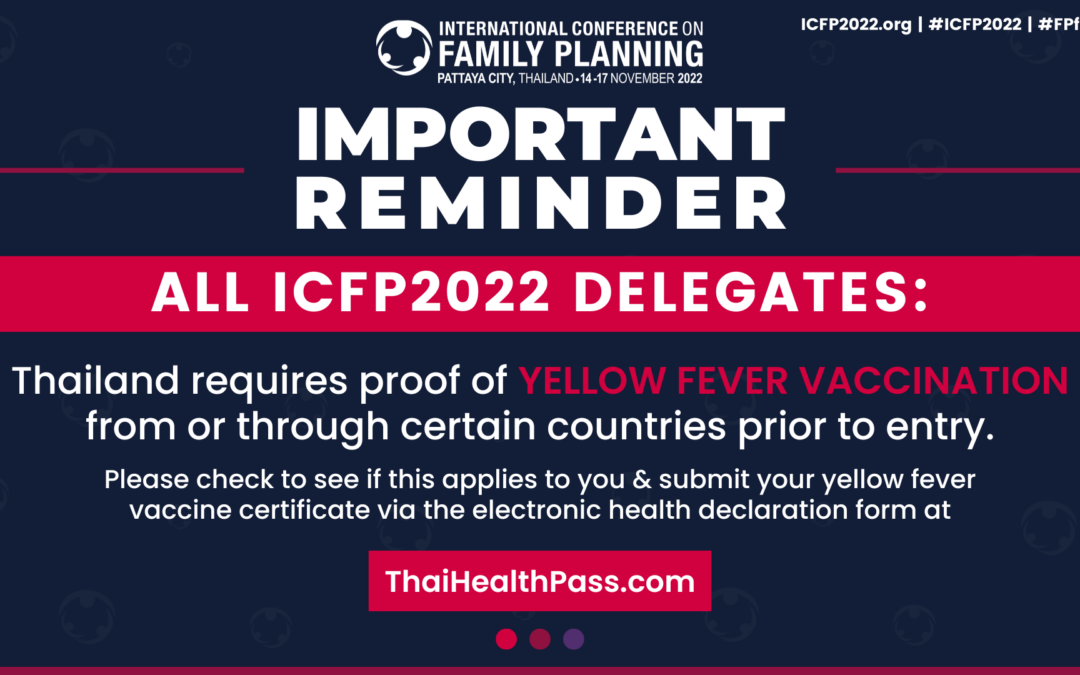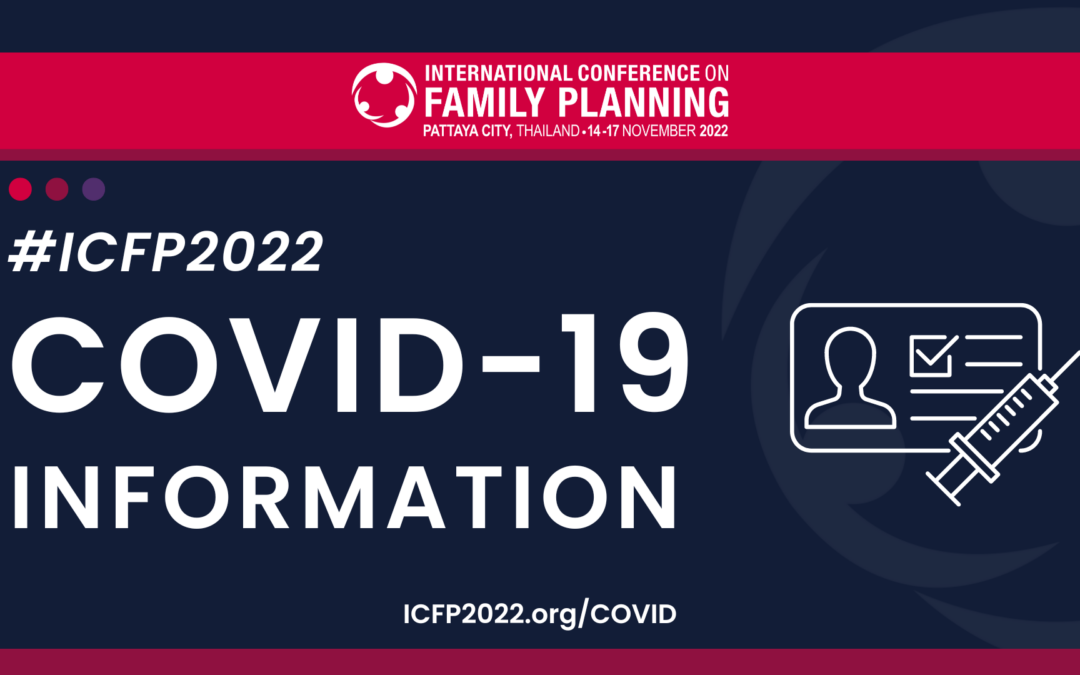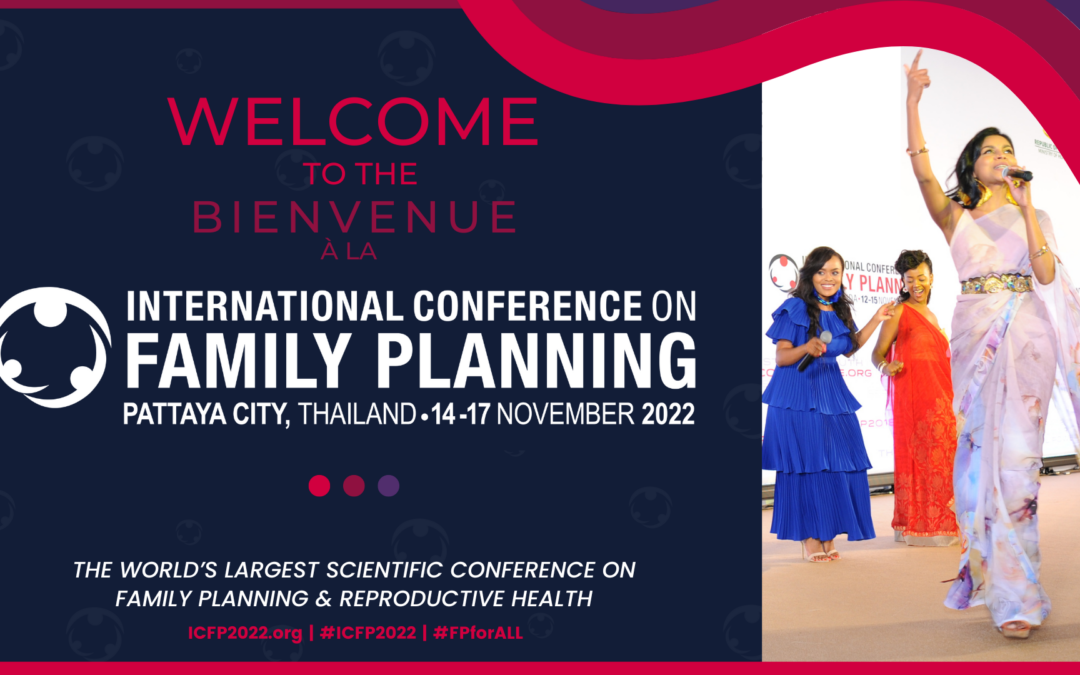By Christopher Purdy, President and CEO of DKT International
November 2018
In his 2016 book Thank You for Being Late, New York Times Columnist Thomas Friedman imagines issues that would be part of Mother Nature’s platform if she had a political party. One of them would be to make U.S. foreign aid contingent on achieving progress around gender equality and access to family planning for every woman who wants it.
“As a global community and environment, we simply can’t afford the population explosions that, in combination with climate change, desertification and civil strife, are making more and more swaths of the world uninhabitable,” he writes. “Family planning and poverty alleviation and climate mitigation are policies that have to coevolve and not be treated as separate.”
Let’s go even go further and say that this is a transcendent moment for family planning. It has never been more important than it is right now; ensuring family planning is available to every woman who wants it must become a global imperative.
As Friedman explains, several concurrent transformations are shaking our world in such a way that the pace of acceleration around us is outstripping the human capacity to adapt. The resulting discord between these seismic changes and our ability to cope with them has created a sense of unease that the ground is shifting inexorably beneath our collective feet and that we don’t quite know what’s coming next. In many parts of the world, this anxiety is translating into political movements based on nationalism and protectionism. At its worst, it has descended into terrorism and increasing authoritarianism.
He cites three macro trends:
- Acceleration of Technology: the dizzying speed at which technology is transforming our world has shifted the way we work and socialize. Faster microchip processing speeds herald the advent of technological applications that will cause further disruption. Artificial intelligence, ubiquitous access to the Internet, and driverless cars are three such examples.
- Globalization: the world’s economies are hyper-connected and interdependent; it is nearly impossible to insulate ourselves from the actions of other nations and societies. Unprecedented changes and expansions in transportation and communication have inextricably linked us; there is no going back.
- Changing Planet: undeniable climate change, fueled in part by population growth, is impacting livability in many parts of the globe. This can and will be seen in increasing changes in food and water supply, health, emigration, and conflict.
While we must grapple in new ways with these multifaceted, titanic challenges, many of the solutions are well known to us. “Unlike with climate change, we don’t need predictions and scenarios,” writes Hans Rosling in his book Factfulness: Ten Reasons We’re Wrong About the World – and Why Things Are Better Than You Think. “We know that 800 million are suffering right now. We also know the solutions: peace, schooling, universal basic health care, electricity, clean water, toilets, contraceptives and microcredits to get market forces started. There’s no innovation needed to end poverty.”
Of all the solutions needed to make the world a better place, increasing access to contraception is perhaps the most achievable of all them all. Melinda Gates has called contraceptives one of the “greatest antipoverty innovations in history,” and points out that no country in the last 50 years has emerged from poverty without expanding access to contraceptives. The best part is we don’t need to completely re-imagine how to solve this problem. The requisite technology, accompanying behavior change of end-users, and training of medical professionals is generally effective and well known to us. High quality, affordable contraception is safe, inexpensive, and fundamentally easy to use.
Access to contraception is critical to empowering women and men so they can plan their families in a way that makes sense to them. And yet, according to the State of the World Population 2017, 21% of women aged 15-49 in less developed regions of the world have no access to family planning. As Hans Roesling has pointed out, it took nearly 9000 years for the world population to grow from 5 million inhabitants to 1 billion. It took another 120 years to reach 2 billion and only 12 years to go from 6 to 7 billion. The United Nations predicts that we will exceed 11 billion people before the end of this century even as population growth stabilizes.
We are witnessing unprecedented acceleration of societal changes in the world around us. These rapidly changing landscapes must be met with equally powerful responses. As part of this, all women and men deserve the right to determine their own reproductive destinies. And we are eminently capable of ensuring that right if we can summon and effectively channel the political, financial, and operational will and resources. Our emphasis should be on stimulating understanding of and demand for modern contraception through education and behavior change; the supply chain will rise to meet the demand, so available investments should be used to increase uptake among women and men. This response must be urgent, vigorous, and massive.





